Our chosen charities
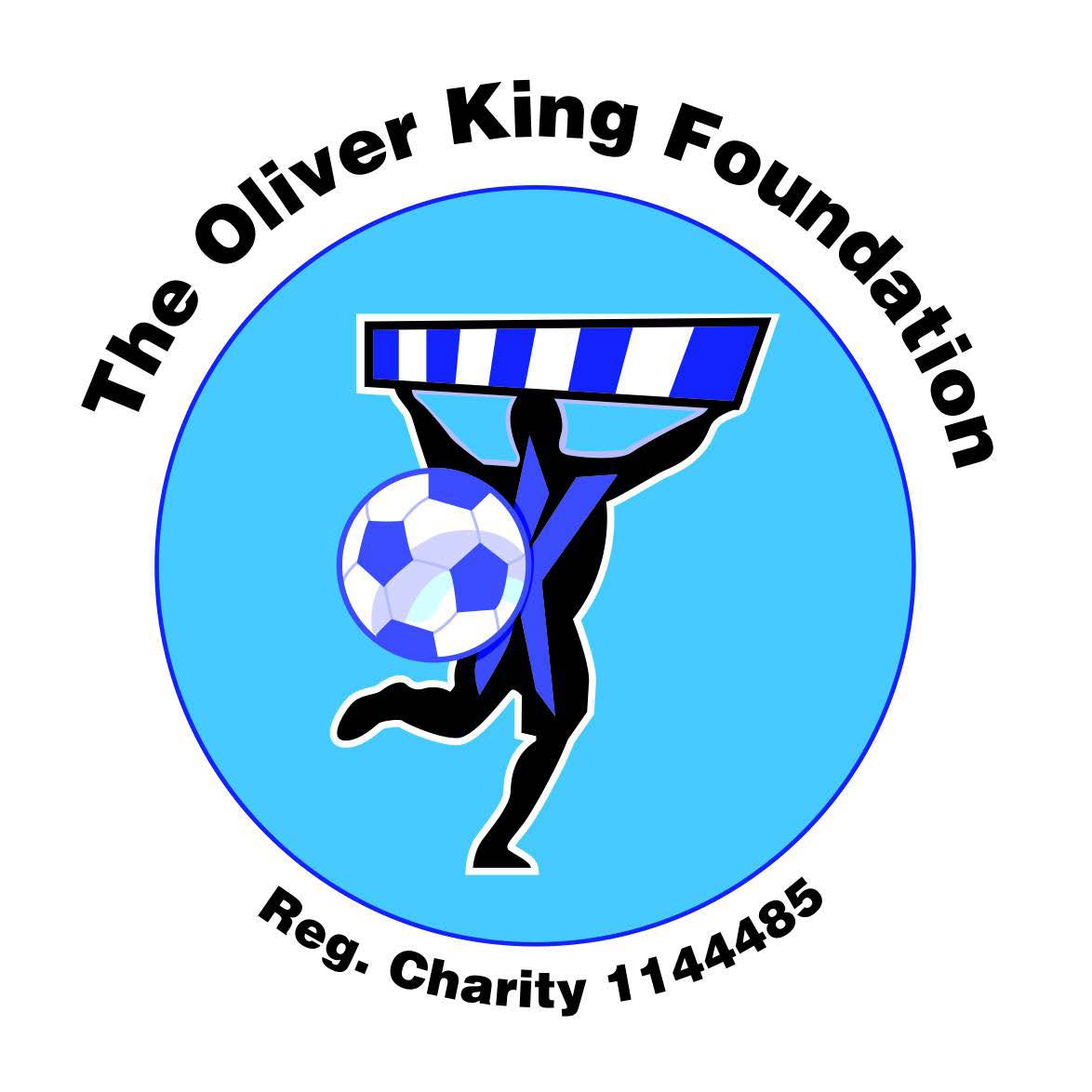

The Oliver King Foundation
The Oliver King Foundation are determined to save as many young lives as possible. Their aim is to ensure that no family has to suffer a similar loss like the founder Mark and his family did when they lost Oliver to Sudden Cardiac Arrest.
The Foundation was set up in January 2012 following the tragic death of 12-year-old Oliver King. Oliver died from Sudden Arrhythmic Death Syndrome, a hidden heart condition which kills 12 young people every week. Oliver attended King David High School in Liverpool and suffered a cardiac arrest whilst taking part in a swimming race. It is estimated that 270 children die every year.
To date the foundation have placed 5,900 defibrillators in schools and organisations across the UK. The Oliver King Foundation has travelled around the country from the Outer Hebrides to Portsmouth, training 135,000 staff in defibrillator awareness along the way. 69+ lives have been saved by the defibrillators placed.
The foundation has continually worked with numerous Parliamentarians to ensure defibrillators are widely available. An e petition with over 110,000 signatures was presented which led to a debate in the House of Parliament, various prominent MPs endorsing the work.
After a meeting with Schools Minister Lord Nash, the Government issued guidance to all schools in England and Wales recommending they have access to a lifesaving defibrillator and after a meeting in March 2022 with Secretary of State for Education Nadim Zahawi, every school in England is now receiving a defibrillator.
The aim is to open an ECG testing centre and continue to work as a legacy for 12-year-old Oliver King.
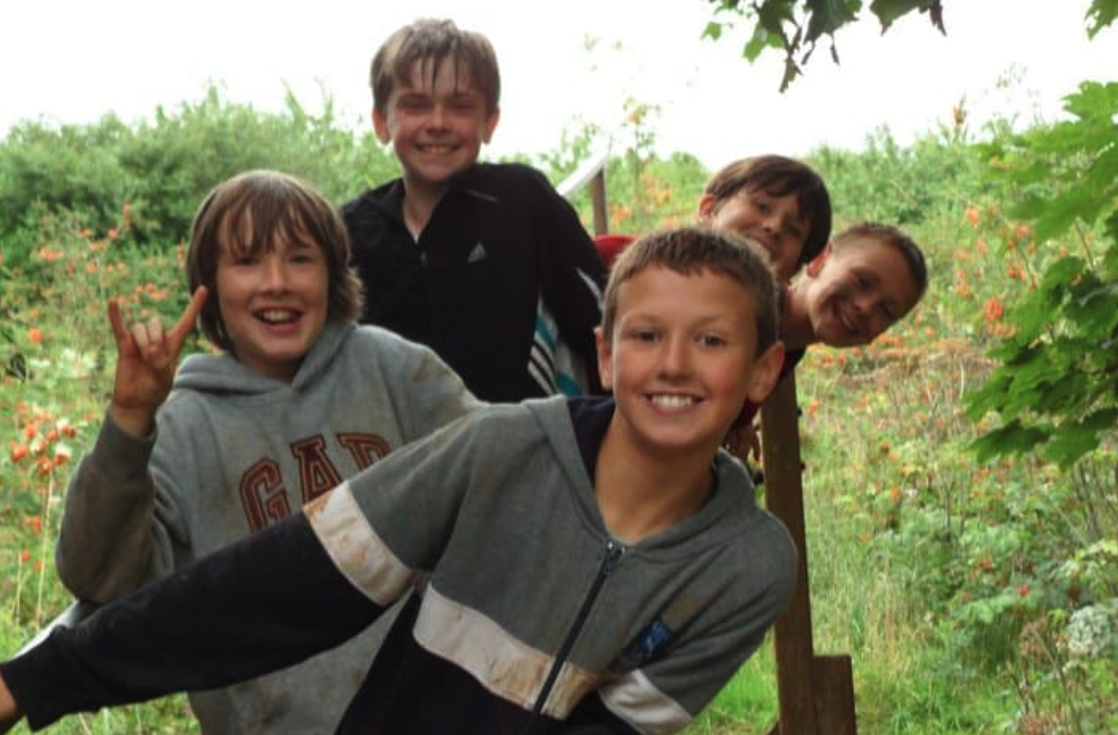

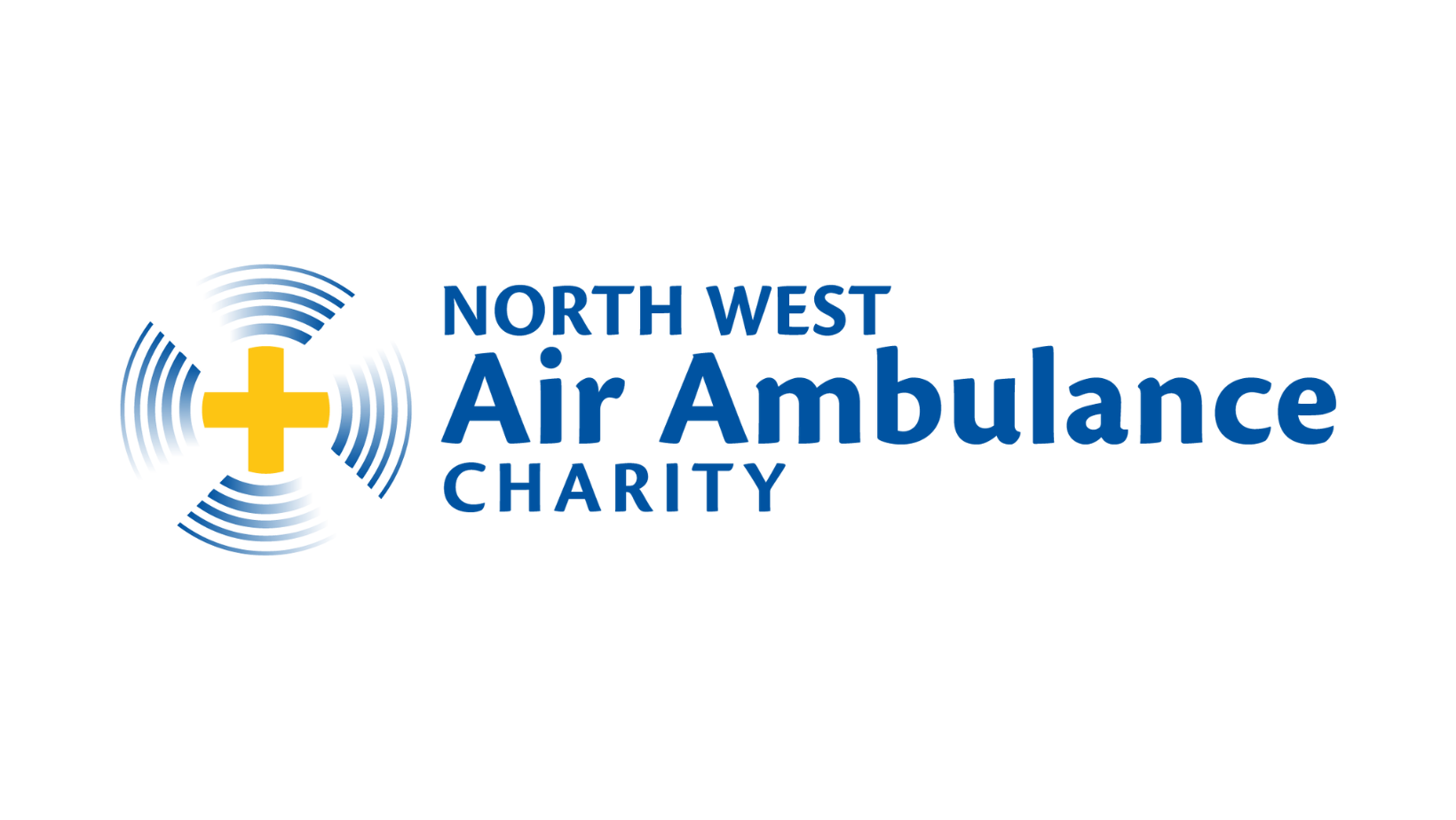

North West Air Ambulance Charity
In 1999 The North West Air Ambulance Charity was founded, operating for just five days per week. Three years later and with the generosity of supporters, they began flying seven days a week providing full support when needed.
In 2004 thanks to a legacy donation, the North West Air Ambulance Charity upgraded their helicopter to the EC135 aircraft and over the following years added a further two helicopters to the fleet. These small efficient aircraft ensure that incidents can be reached quickly and can be landed in smaller areas than a larger aircraft would require. Whilst the aircraft are small, they carry all the vital equipment required. Each aircraft can carry one patient lying down on a stretcher and cruises at a speed of approximately 158mph, thereby covering most areas of the North West in up to 25 minutes. 2016 saw the fleet given the distinctive yellow and blue livery that we see today.
In 2018 they introduced the first HEMS (Helicopter Emergency Medical Service) response vehicle to the fleet, and today there are four vehicles based at the Barton and Blackpool airbases. These vehicles are used for nearby incidents, or where it is not suitable for an aircraft to land, such as city centres.
Providing the best patient care
As a charitable organization, the North West Air Ambulance Charity’s strength lies in working collaboratively with strategic partners to deliver joined-up healthcare and interventions, which achieve the best outcomes for the most unwell and critically injured patients.
They proudly collaborate with the North West Ambulance Service (NWAS), Manchester Blood Bikes, NHS Trusts, local emergency services, search and rescue teams, and Babcock. By working together, a truly integrated approach is delivered to pre-hospital care and interventions to ensure the best outcomes for all patients.
The North West Air Ambulance Charity is entirely funded by public donations and without the generosity of the public would not be able to continue their valuable work.
You can donate either on checkout at defibshop, or directly here https://donate.nwairambulance.org.uk
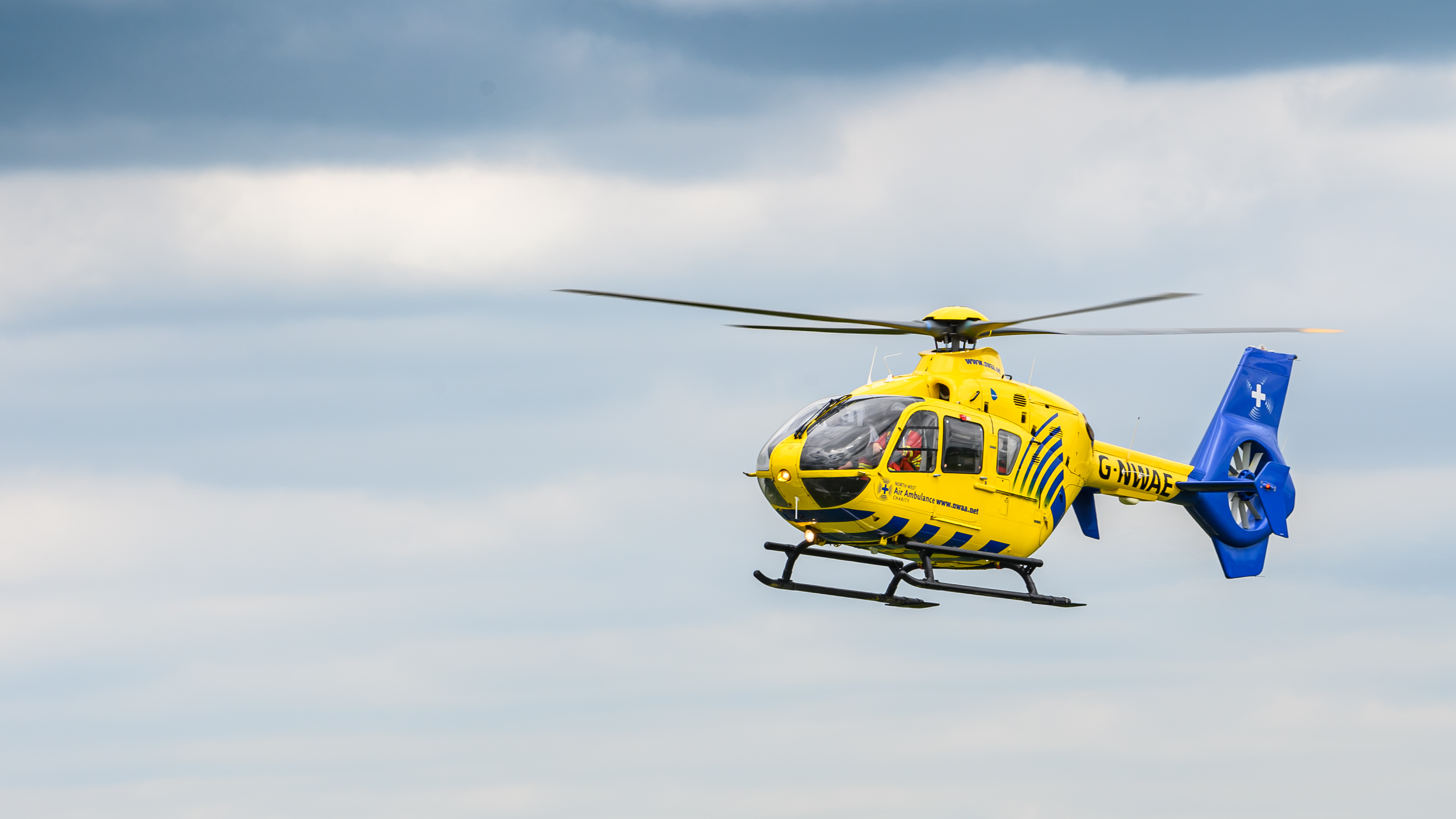

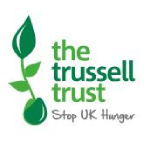

The Trussell Trust
The Trussell Trust support a nationwide network of food banks and provide emergency food and support to people locked in poverty, as well as campaigning for change to end the need for food banks in the UK.
There are more than 1,300 food bank centres in the network. The food banks provide a minimum of three days’ nutritionally-balanced emergency food to people who have been referred in crisis (for instance by advice agencies, GPs, social services and schools), as well as support to help people resolve the crises they face.
More than 14 million people in the UK live below the poverty line. Every person’s struggle with poverty is different and it takes more than food to end hunger. The Trussell Trust brings together the experiences of food banks in the network, and their communities, to challenge the structural issues that lock people in poverty, and campaign for change to end the need for food banks in the UK.
What’s in a food parcel?
We’ve worked with nutritionists to make sure that the food parcels supplied by food banks in our network contain at least three days’ worth of nutritionally balanced meals for individuals and families. These emergency food parcels are not designed to meet long-term need – that’s why food banks also offer additional support like debt advice where possible.
A typical food parcel includes:
- Cereal
- Soup
- Pasta
- Rice
- Tinned tomatoes/ pasta sauce
- Lentils, beans and pulses
- Tinned meat
- Tinned vegetables
- Tea/coffee
- Tinned fruit
- Biscuits
- UHT milk
- Fruit juice
Food banks will also provide essential non-food items like toiletries and hygiene products where they can.
Food donations
If you would like to support the Trussel Trust with a food donation non-perishable, in-date food can be donated by the public at a range of places, such as schools, churches, and businesses, as well as supermarket collection points. It is then sorted into emergency food parcels by more than 28,000 volunteers, to be given to people in crisis.
You can give a monetary donation either on checkout at defibshop, or directly here https://www.trusselltrust.org/make-a-donation/


